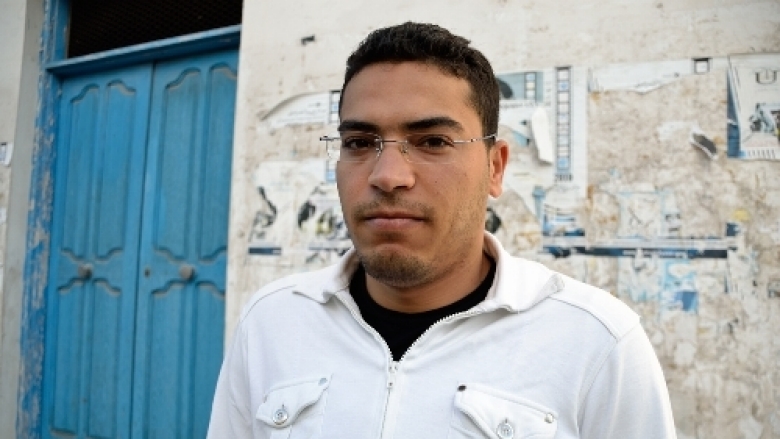From The World Bank
The World Bank Group’s Board of Executive Directors approved today a US$70 million project to address the high levels of unemployment among university graduates in Tunisia. The project will support ongoing reforms to improve the management of universities and the quality of teaching, and to ensure that students are graduating with the skills demanded by the labor market.
The Tertiary Education for Employability Project will build on progress achieved in previous Bank projects in establishing quality assurance mechanisms and linking higher education institutions to the private sector. The first component of the project, a competitive grant scheme, will encourage higher education institutions to improve the quality of teaching and adopt international good practice, as well as to develop programs jointly with employers and facilitate the transition to work through internships and career guidance. The second component of the project will focus on modernizing the management of higher education by promoting autonomous institutions driven by results.
“A closer relationship between higher education and the private sector will form part of the foundation of Tunisia’s new economic model, and will be essential for meeting the needs of young people,” said Eileen Murray, World Bank Country Manager for Tunisia. “The country will need a highly skilled workforce if it is to move up the value chain and generate both the quality and quantity of jobs required, and the reform of higher education is critical to ensure it is equipping students with the necessary skills.”
Tunisia has an impressive record in promoting access to education. University enrollment jumped from 8 percent in 1990 to 35 percent in 2011. Increased enrollment, however, so far has not led to improved labor market outcomes. According to the Tunisian National Statistics Institute (INS), the rate of unemployment among young people with university degrees has reached more than 30 percent over the past six years.
“The project will promote higher education innovations like tracking the labor market outcomes of graduates and performance based funding and thus support a more efficient sector,” said Nina Arnhold, World Bank Senior Education Specialist and co-task team leader for the project. “Working together with the Ministry of Higher Education and Scientific Research, the aim is to promote an entrepreneurial culture among young people, with higher education institutions that develop the skills needed in the labor market,”added World Bank Operations Officer Karine Pezzani, co-task team leader.
Source: http://goo.gl/RTyVws


